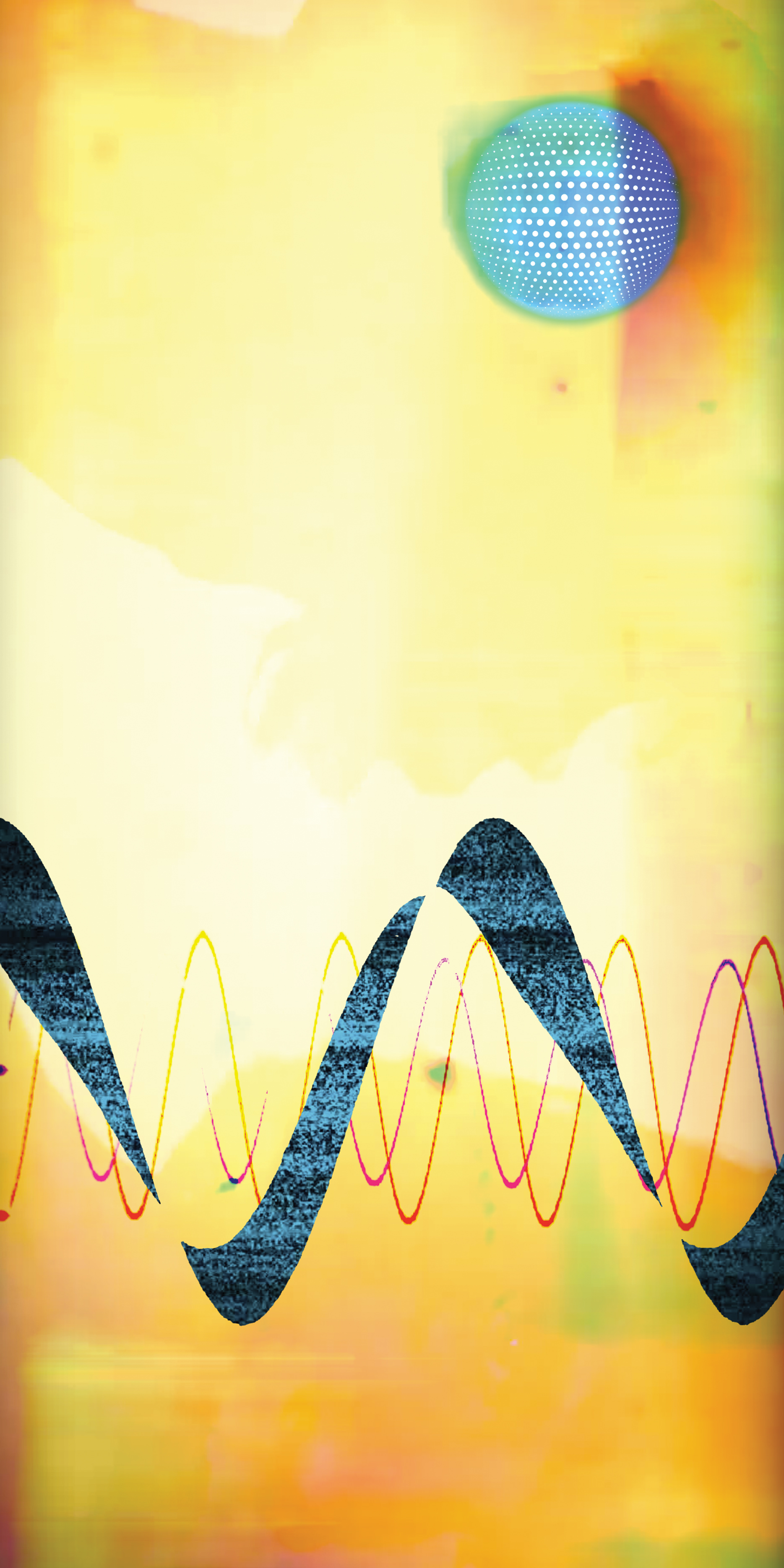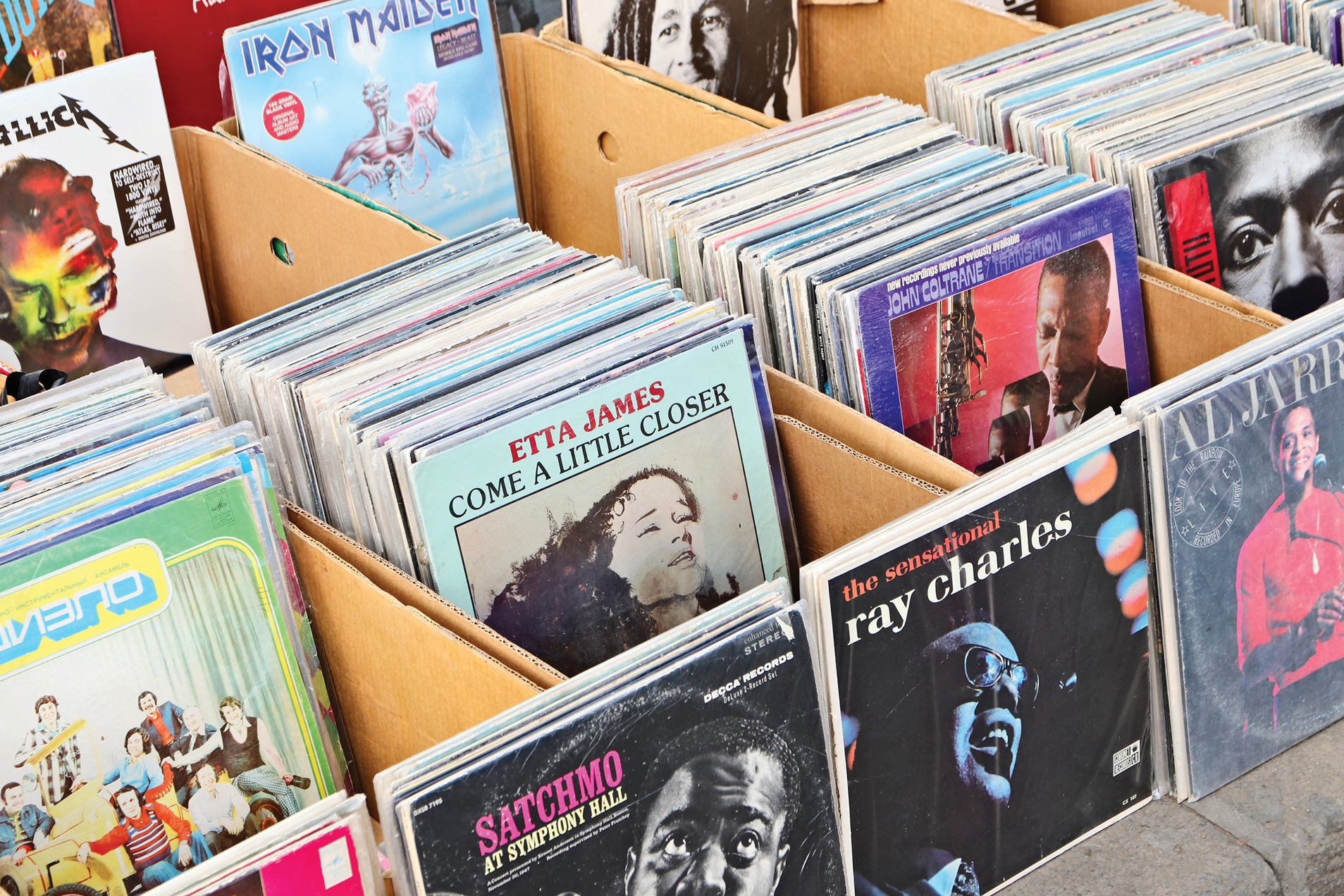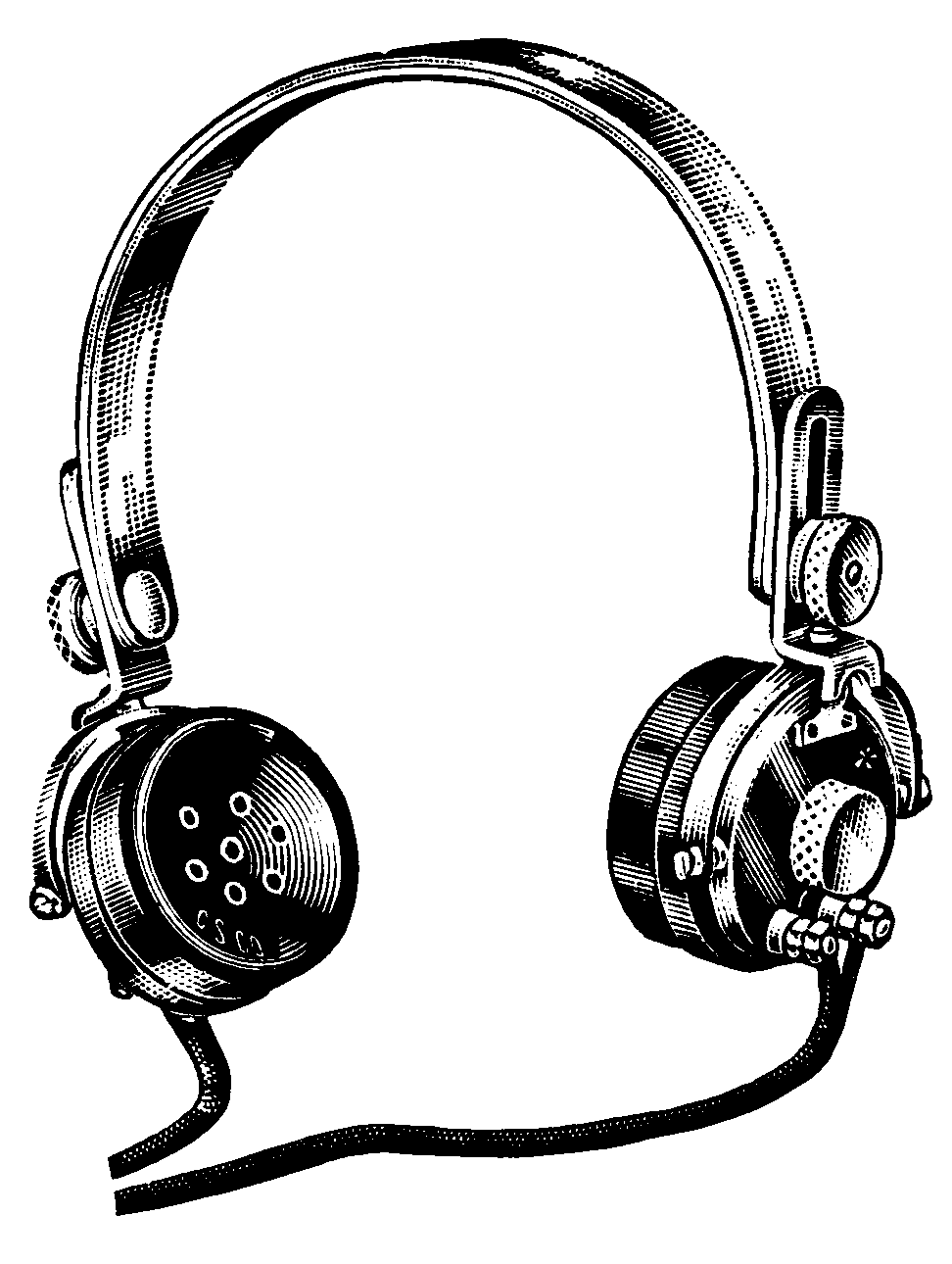Until recently, I’d never really listened to many podcasts. I know that I help our online publisher, Geoff Stanfield, with the Tape Op Podcast, but I hadn’t really found the time or the interest to listen to any others. As my studio is only 21 blocks from my home, during the pandemic I began to make a point to walk to work as much as I could. But walking bored me and listening to music seemed distracting when I was heading to work where I’d be doing so all day. But after my pal, Jeff Stuart Saltzman, encouraged me to check out The Rockonteurs (Gary Kemp [Tape Op #145] and bassist Guy Pratt, interviewing rock notables), I found that podcasts could make my walk less dull, and maybe I’d also learn something in the process.
When I stumbled across A History of Rock Music in 500 Songs by Andrew Hickey, I knew I was in for a treat and that I could fill in the gaps in my own understanding of music’s past. Andrew wrote California Dreaming: The LA Pop Music Scene and the 60s, plus other books on The Beach Boys and The Kinks, and his podcast is attempting to tell the story of rock music history, all the way from pre-rock rumblings in the late 1930s and ending at the end of 1999. It’s certainly a labor of love, and Andrew’s extensive research pulls together many disparate facts, challenges some long-held assumptions, and gives voice to many non-white-male participants.
Even simply beginning to understand the influence of a person like Johnny Otis, what he did for Black culture and music, and how he lived his life, was a huge revelation. If all he had done was “discover” Etta James or Jackie Wilson, the world would be a better place, but there’s far more to his story, as Andrew covers in many episodes during the early parts of this podcast.
It’s going to take a number of years for Andrew to finish presenting A History of Rock Music in 500 Songs, as episodes generally come out weekly – as I write this, he’s at #137. When I absorb each new episode, I get to hear older music that is frequently new to me, and I think about how it was recorded, where, and why. I hear huge differences in sound quality, and I think about what that means, emotionally, to a piece of music. I listen to all sorts of different singers and begin to understand who their influences were.
Working with artists in the studio, I’m always engaged in conversations about recorded music. “Have you heard her new album? Who produced that?” “You know, like the reverb in that song, record by....” Having a breadth of knowledge, even if cursory at times, can be of the utmost importance. Knowing what music preceded and inspired others, or where certain artists came from, helps me have a framework for comprehending even more about music’s rich past. I think that having a deeper understanding of what came before simply makes me better at seeing how to contextualize what I do now, and what we can all do to make records in the future. 



